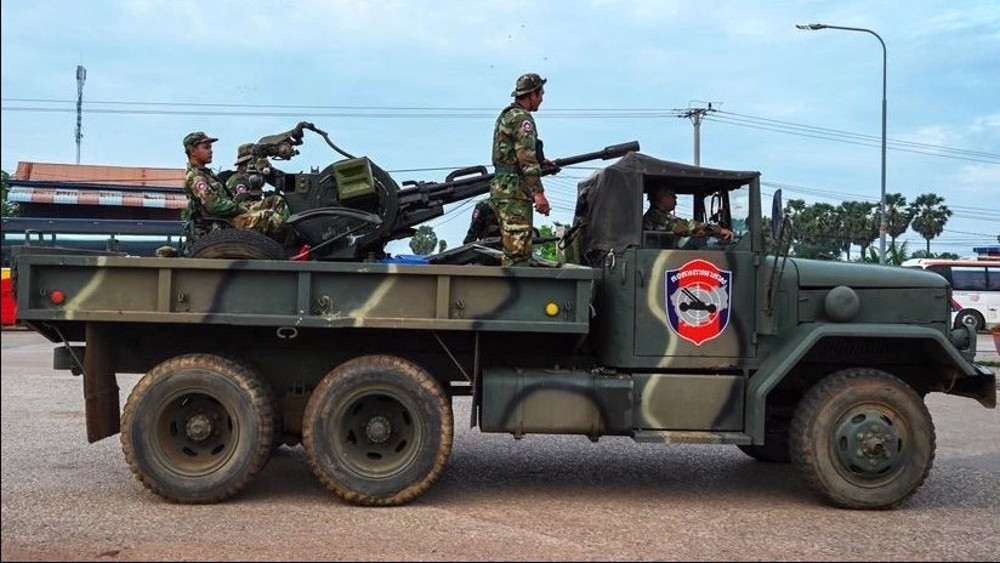IAEA resolution on Iran nuclear program moral victory: Analyst
Press TV has conducted an interview with Jan Oberg, founder of transnational.org, from Lund, to discuss the UN nuclear monitoring body's recent resolution that closed a case on the so-called possible military dimensions (PMD) in Tehran’s nuclear program.
The following is a rough transcription of the interview.
Press TV: We know that yesterday the International Atomic Energy Agency (IAEA) basically dropped the charges that has always been made and talking about Iran diverting with its nuclear program. How significant is that? What does it mean from now on?
Oberg: In a world where there are so many bad news coming in everyday, I think we should celebrate that this is good news; it is good news for the world and of course it is good news for Iran and its people because this is leading the way to the lifting of sanctions. Secondly, I think what it says is and your president is hinting at it that, in my view, the character of civilization is that you are able to do something but from moral, political or human reasons you acknowledge that you do not want to do it; that civilization is not to do what the nuclear powers do that because technically they cannot do it. They [do] do it and become nuclear powers and threaten each other with nuclear war where a civilization is to say “well we could do it”, but we do not want to. We want to remain nuclear free as a majority of the countries on earth. So this is a moral victory and it is also victory for those who have said, including myself but that not the important point. But there is no reason to believe that Iran wants to have nuclear weapons because it will be counterproductive, self-defeating, and destabilizing. You have a moral victory because you abstained from nuclear weapons in this world.
Press TV: Isn’t it ironic though as you say that is a sign of civilization actually to be able to do something let’s say dealing with nuclear weapons but not wanting to do so because the moral responsibility and trying to get higher moral ground. Iran has done this and yet Iran has been the victim of these vicious sanctions even though they have taken the higher moral ground. What does that mean in this world today that the entity that is trying to take the higher moral ground, as you have said, actually is the one that pays a very, very heavy price?
Oberg: Yes, not the least compared with Israel which is a nuclear power many, many years back in time and has occupied other countries, etc. You see the world is not a just place, is not a fair place and I have always said with this whole list you came up, it is not about the nuclear issue as such; it is about the lack of trust; it is about what happened back in 1953, the coup d'état, CIA and British masterminded coup d'état; it is about you know your revolution in which the Americans failed to traumatize; it is about the shooting down of the Iranian plane; it is about you know the kind of dilemmas we have between the Christian and the Muslim world, etc, etc.
I have always said there should have been a truce and reconciliation commission so that trust could be built; the grievances could be dealt with; we could deal with each other in a good way and then we would probably not even have needed this deal because you know suspicion comes from not trusting and of course there is a harassment. There are lots of countries who are harassed by the Western Empire, by the US Empire; it is nothing to be surprised about. Lots of other countries have harassed not only Iran, but this has been bizarre all the time in my view.
VIDEO | Germany, not just merely an economic recession
Discover Iran: Hormozgan, home to the last lenj boatbuilders of Persian Gulf
VIDEO | Condition of Gaza hospitals at the beginning of phase two recovery
VIDEO | Tehran metro station vandalized in attack by foreign-backed terrorists
VIDEO | Angry Iraqis set fire to Trump image, US flag
'It's simple — Trump's failing': Netizens rip into US warmongering against Iran
ICE shooting of protester in Minnesota
UN envoy: US responsible for ‘unpredictable consequences’ of aggression on Iran













 This makes it easy to access the Press TV website
This makes it easy to access the Press TV website